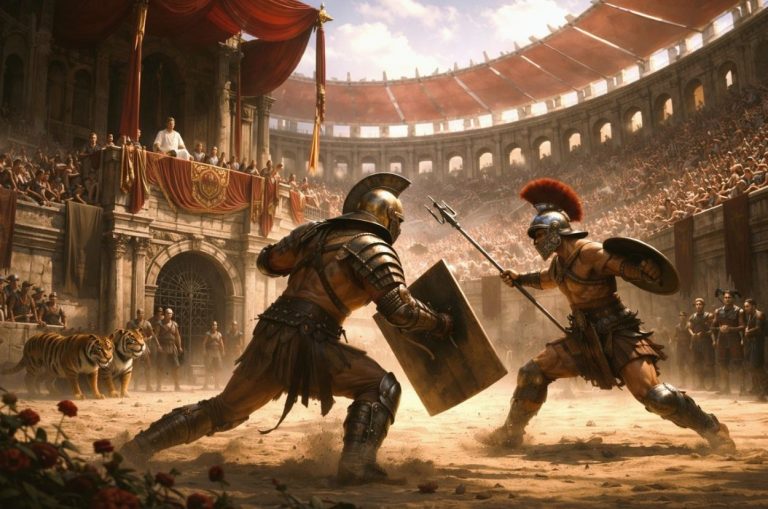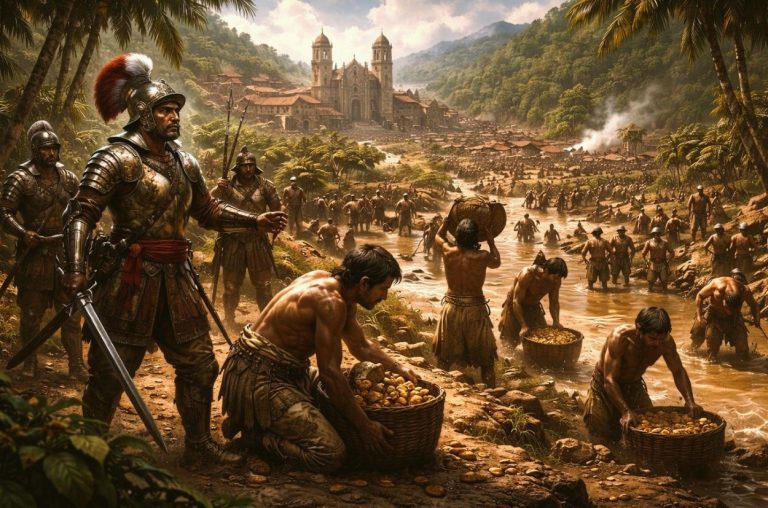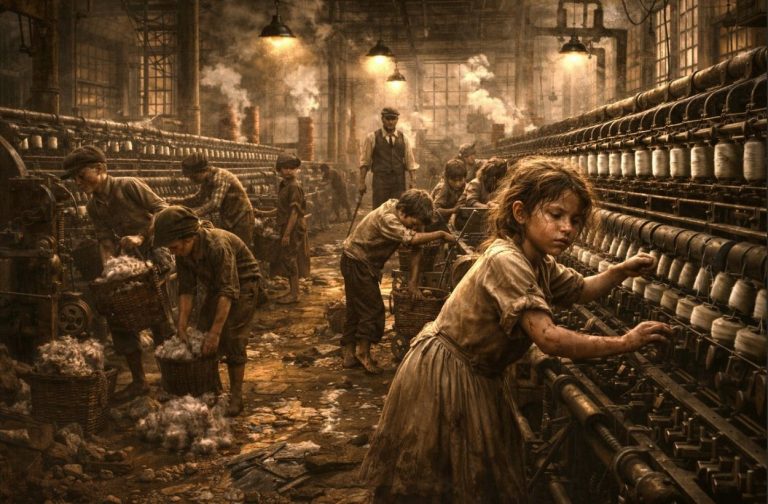

Knowledge is power is a quotation that has been run into the ground behind a whole host of self-proclaimed pseudo-masculinists right across Instagram and TikTok over the last few years. While a lot of this is simply advertising for their next grift or to expand their followers, there have been several key moments punctuated throughout history that have showcased that some teaching methods and some knowledge have been too scary to the powers that be, or have proven to be too controversial for the people to find out about.
This covers a whole range of topics; of course, there was a period during Medieval times when witchcraft would fall into this realm. Society advanced out of this phase, and the vast majority of humans realised there wasn’t much substance to this.
These teachings were left to the more unusual elements of society to fret over, especially as science-driven education started to become such a huge presence – and, in many countries, a controversial presence.
Why Were Societies Against Banning Literature?
Simply put, they were too radical. Charles Darwin’s On The Origin Of Species, the first significant work in academia to question religious texts and instead promote the idea of evolution, faced massive backlash in several countries. The book was banned from libraries in the US for over 40 years. It’s difficult to imagine a world where the theory of evolution would be met with such disdain, but the 19th century was a much different place to the world today.
Other books that faced such a major backlash over the years include George Orwell’s 1984 – which details a fictitious world run by hyper-authoritarian regimes. Other notable greats, considered canon in their respective genres, have also felt the wrath over the years – ranging from In Cold Blood by Truman Capote to The Great Gatsby and Of Mice & Men.
How Modern Ideas Adapted
In the 1800s, many authors and academics were chastised for their controversial and unusual views. Some of these views have gone on to shape the world we live in today, but even in their modern form, some practices have been banned within them.
For instance, blackjack is a casino game that began to develop massive popularity throughout the 19th century, with many historians believing that the game’s early embers stretch as far back as the 16th century. In card-based games, untoward methods were leveraged, such as card counting, where savvy gamers could use a complex method to put the odds in their favour.
Obviously, any sort of technique or element of foul play is treated harshly by casinos, with many banning all types of blackjack card counting strategies. Thanks to technology, card-counting has been eradicated from the game due to the rise of highly sophisticated digital technology, such as Random Number Generators (RNG), which determine random card processes in virtual blackjack, and using multiple shoes and dealers in live games to ensure that those who understand blackjack card counting are not able to take advantage of holes in the gaming mechanics.
Digital Literature & The New Battleground
In the modern world, where the internet plays such an instant role in fact-checking information, there are now plenty of resources and educational tools that help users distinguish facts from fiction. This includes highly reputable sites such as the BBC in the UK, which has its own verification page that delves into the finer details of some of the biggest news stories.
While this doesn’t always work according to plan, some people believe the conspiracies they read online are gospel truths. Overall, it’s been a force for good in allowing those in academia to separate fact from fiction and explain why.
Human rights activism has taken on an entirely different form in the modern digital age compared to how people organised and fought for what was right back in the 1800s. The current marketplace of information has resulted in those looking to ban ideas can often end up amplifying them to a much larger audience.
One of the more recent examples is a book that Meta has been trying to ban sales of in the US since its release in March 2025. You’d think the outright denial of some of the book’s content would be the way to go rather than trying to outlaw the book through a draconian approach through the judicial court.
So, although it’s harder to keep a lid on literature and ideas people want to read, there’s still a digital, modern approach from those with power and wealth to silence anybody who tries to provide an alternate narrative that they might not be the ones to save the world after all.
Conclusion
Literature is at the foundation of human evolution – it grabs us and makes us think about ideas and concepts we may never have encountered. Those books that have attempted to do this in a shocking way and are so leftfield of the market still run the risk of being banned in the modern market. However, with the vastness of the internet and the speed with which ideas travel, it’s nearly impossible to keep a lid on these ideas.
At the same time, AI and technology will be much more adept at helping those looking to ban ideas and literature; there will always be pushback from creative writers who can capture an audience and use their writing to make people think. Throughout history, works of art that can do that have proven to be one of the scariest concepts for those with power. In 2025, that will likely be no different, and 100 years from now, it will likely be no different.


